State Budget Cuts and Economic Realities Combine to Affect Transit Budget
August 24, 2017
August 24, 2017
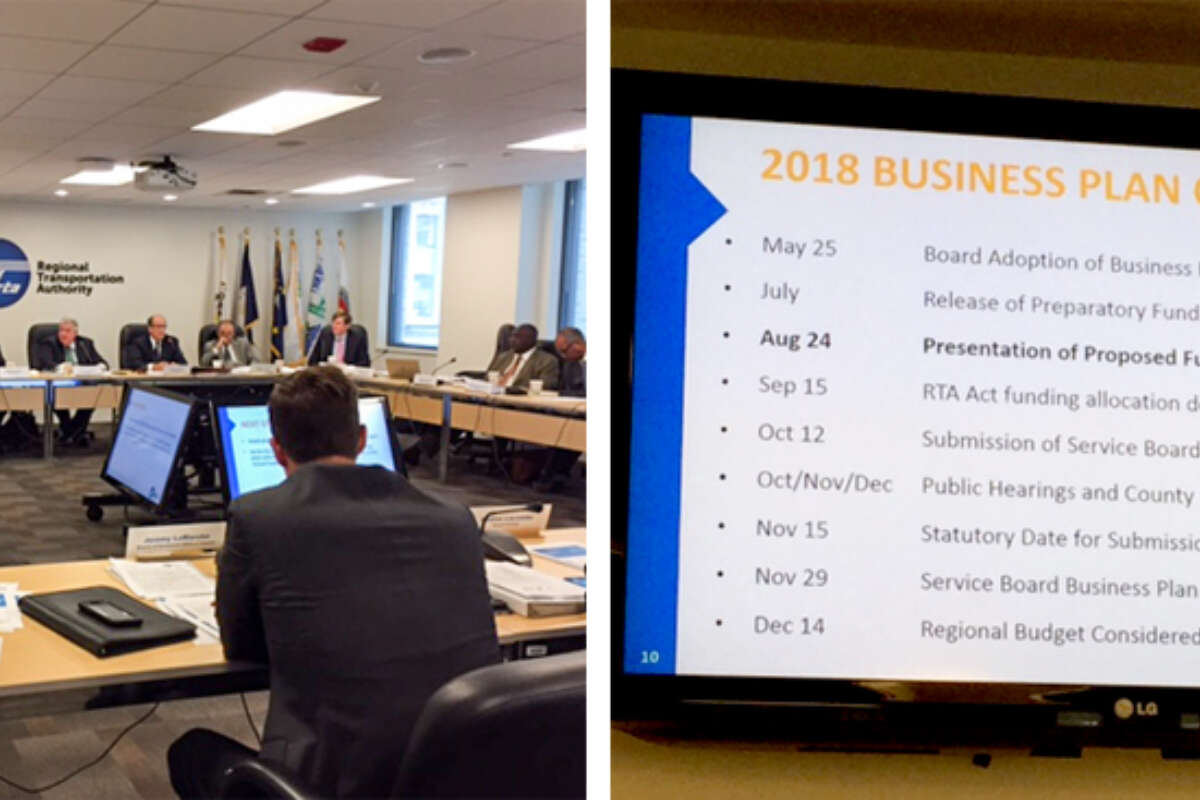
At today’s meeting, the RTA Board of Directors took measures to assure CTA, Metra and Pace are able to continue to provide the critical transportation service to riders each day in an increasingly challenging environment.
First, the Board approved an ordinance asking the Service Boards to re-examine their 2017 operating budgets and return to our Board in 60 days with revised spending plans.
This is necessary for several reasons.
Subscribe to our Newsletter
Related Articles
 RTA celebrates 30 years of the Americans with Disabilities Act
RTA celebrates 30 years of the Americans with Disabilities Act
This month the RTA is celebrating the 30th anniversary of the Americans with Disabilities Act (ADA). The ADA transformed society and provided opportunities f...
July 29, 2020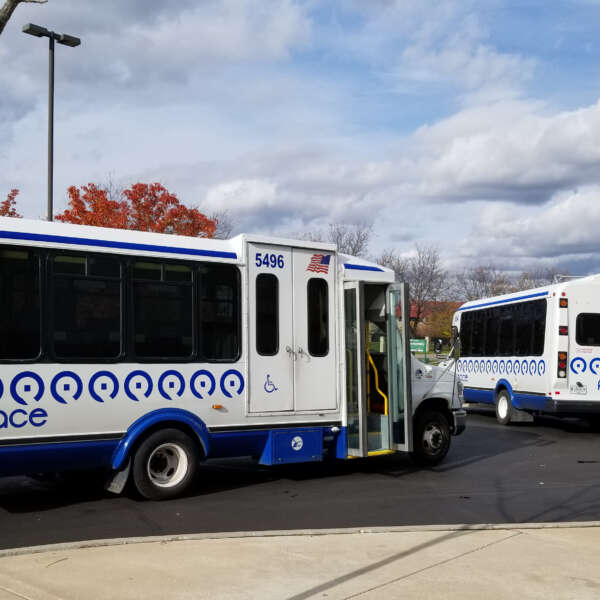 Take a survey to help improve mobility options for older adults and people with disabilities
Take a survey to help improve mobility options for older adults and people with disabilities
Do you or someone you know face transportation challenges? The Regional Transportation Authority (RTA) wants to hear from you about transportation issues and...
May 7, 2020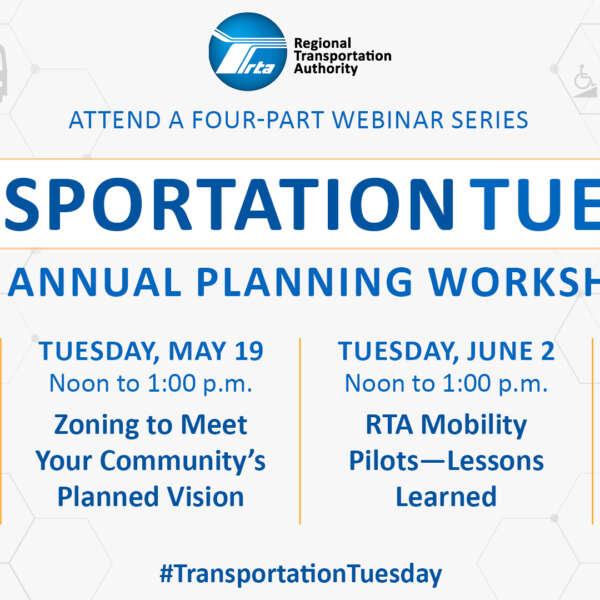 Transportation Tuesday Webinar Series: Attend the 2020 RTA Annual Planning Workshop Virtually
Transportation Tuesday Webinar Series: Attend the 2020 RTA Annual Planning Workshop Virtually
The RTA is launching a four-part webinar series in place of the Annual Planning Workshop due to the ongoing COVID-19 pandemic. The free, virtual sessions wil...
April 17, 2020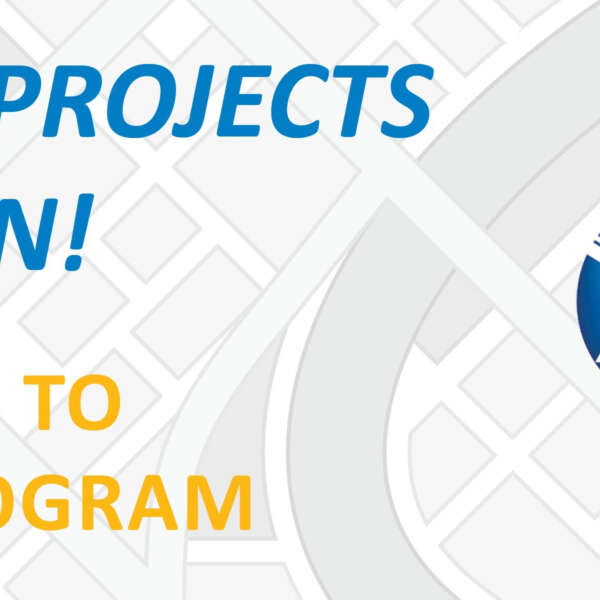 Announcing the 2020 Access to Transit Program Call for Projects for Small-Scale Capital Projects
Announcing the 2020 Access to Transit Program Call for Projects for Small-Scale Capital Projects
We are excited to announce that the call for projects for the RTA Access to Transit Program is now open. The RTA launched the Access to Transit program in 2...
March 13, 2020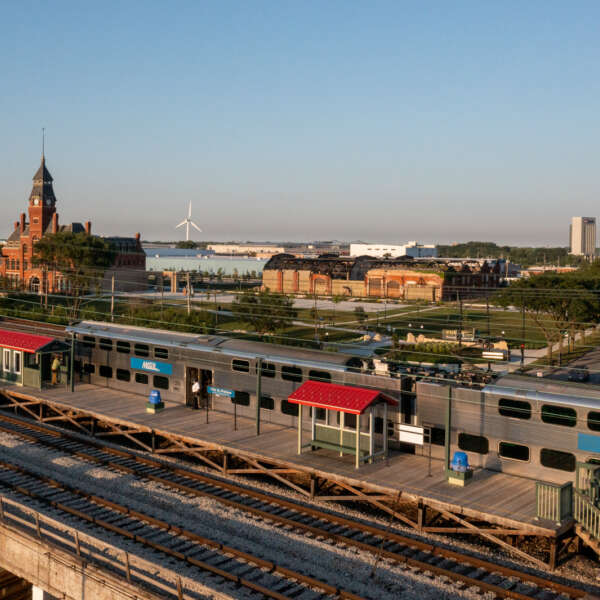 Happy International Women’s Day and Women’s History Month from the RTA
Happy International Women’s Day and Women’s History Month from the RTA
Each year the RTA celebrates Women’s History Month in March to recognize the women who work at, and ride, CTA, Metra, and Pace every day. The celebration coi...
March 8, 2020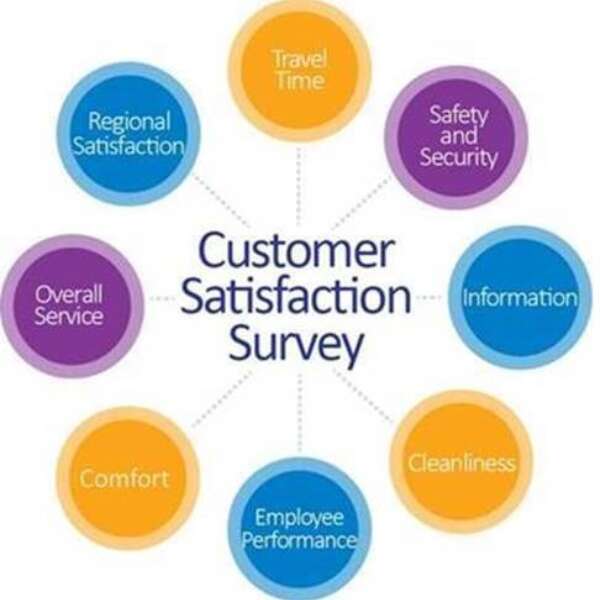 How's Your Ride? Take This Survey
How's Your Ride? Take This Survey
We’d like to hear your thoughts about public transit! The RTA is sponsoring a system-wide customer satisfaction survey and would like your feedback about yo...
March 2, 2020